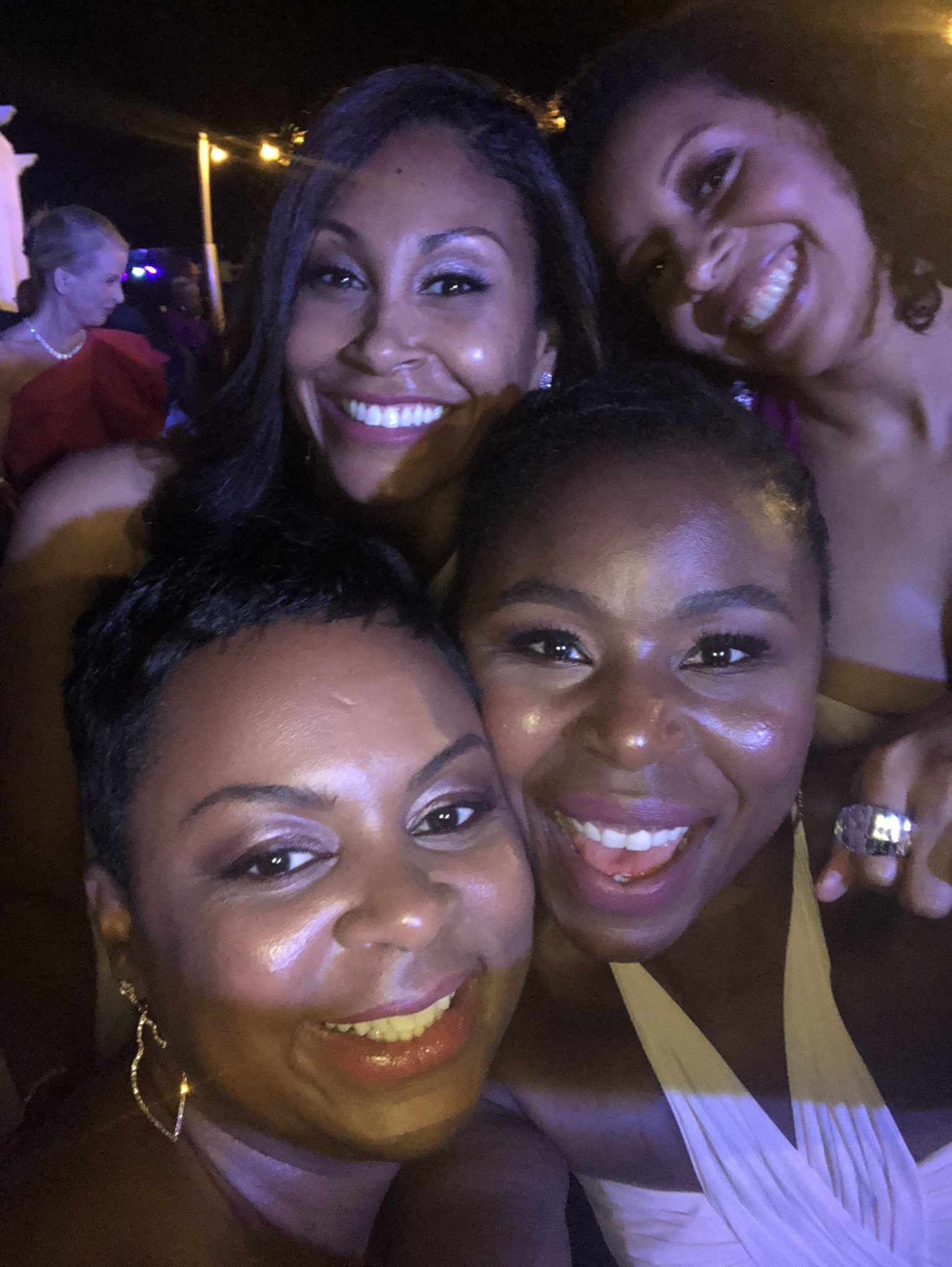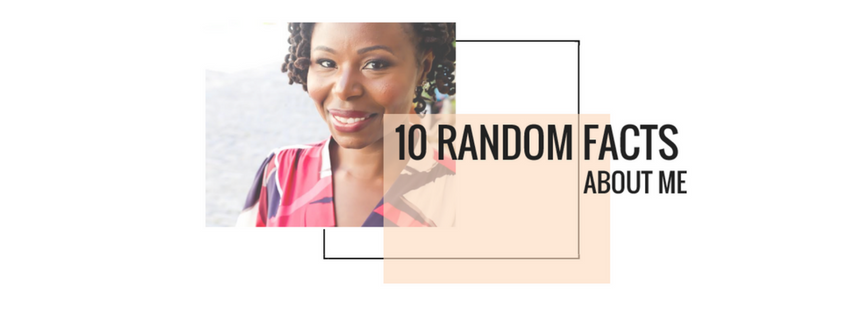Every day there is a new example of how immigrants in the United States are blatantly dehumanized. It’s time we recognize this as a systemic issue and pass legislation to address one of its root causes.
This culture of hate and bias was evident most recently when ProPublica published its exposé on a secret Facebook group of about 9,500 former and current U.S. Customs and Border Patrol (CBP) agents. The details are enraging: Members from the group casually mocked the deaths of a detained Guatemalan teenager and a father and daughter who drowned in a river searching for refuge. They also devised plans to throw burritos at Latinx Congress members during their visits to border detention facilities. Throughout these exchanges, they used inexcusable and sexually degrading images nonchalantly. Soon after, CNN discovered a second Facebook groupof CBP officers espousing similar views.
It is no secret that the Trump administration has fueled a White nationalist fervor across the country. President Trump’s now infamous 2018 comment—”These aren’t people. These are animals.”—is a powerful example of how our leaders use degrading language in an attempt to justify the implementation of cruel policies. It is also no secret that racism is deeply rooted in our country’s history and more embedded in our federal institutions than we’d like to admit.
This is why to simply treat this latest example as a case of “a few bad apples” is to completely miss the point: our U.S. immigration enforcement apparatus not only creates the conditions and the power dynamics for this kind of vile behavior to exist in the first place, but it also fuels hate.
As the ProPublica article highlights, the process of dehumanization begins with words, but it does not end there. Words—when weaponized as threats—translate into acts of violence. A carceral setting, such as immigration detention, that offers few protections, compounded by a sheer lack of transparency and accountability, will inevitably lead to systematic abuses of authority.
Last year, our organization, Freedom for Immigrants, released a report documenting at least 800 complaints on abuse motivated by hate or bias in ICE detention between January 20, 2017 and June 2018. We tracked incidents of hate and bias as a result of a person’s perceived race, nationality, ethnicity, religion, sexual orientation, gender identity or disability. It wasn’t simply the fact that immigrants in detention were being called derogatory terms that was disturbing, but that each verbal incident we documented was followed by an action that often led to different—and more serious—forms of mistreatment.
In fact, we documented verbal abuse that led to physical abuse, sexual assault, denial of medical services, retaliatory use of solitary confinement and denial of visits. In one case, a guard at the Bristol County House of Corrections in Massachusetts told a detained immigrant that he would “bet for him in a fight against another detainee.” The man in detention refused to fight and was consequently denied hygiene products as well as meals. When he tried to issue a complaint, the guard compared him to a monkey saying, “No one will believe baboon complaints.”
We know that stories like these are just the tip of the iceberg and many of them go unreported in the ever-growing mass incarceration of immigrants. For example, in 2017 a group of detained individuals of Iraqi origin claimed in a lawsuit that they were being called “Al-Qaeda” and “camel jockeys” and other atrocious slurs by ICE and contractors while being denied adequate food and medical care. A 2018 report found that a number of African immigrants detained at the privately-operated West Texas Detention Facility were called racial slurs by guards and subjected to arbitrary use of force, such as being pepper-sprayed. Another study along the border by the Center for Migration Studies found that anti-immigrant statements by border patrol agents often involved threats and physical abuse. One of the men surveyed recounted being shoved to the floor by an agent after he yelled at him, “go back to your country.”
Although Freedom for Immigrants’ report led to an internal investigation by the Department of Homeland Security’s Office of the Inspector General, we have not seen any improvement in the way immigrant prison guards are trained. We also haven’t seen any guards held accountable or facilities closed for being noncompliant with ICE’s own federal standards. We have actually seen the exact opposite.
While we continue to document hundreds more complaints of abuse motivated by hate or bias, people who are trying to offer care to migrants are being prosecuted, as in the case of activists with the humanitarian aid group No More Death/No Más Muertes.
Making sure that those civil servants who have disparaged or mistreated people in their care be held accountable for their actions would be a good start, but it’s not nearly enough. Individual acts of abuse and human rights violations are symptomatic of a larger issue. The core of the problem lies in the nature of the U.S. immigration detention system, which breeds a culture of impunity and violence.
There are a number of ways you can help right now to change this. One quick and easy way of making sure that immigrants are not being subjected to mistreatment is by donating to immigration bond funds. We, along with over 20 other organizations around the country, run bond funds to ensure that people are freed as soon as possible—especially those who are acutely suffering on the inside.
Another way can help is by bearing witness. We run a national network of 55 visitation groups across the country that not only help break the isolation of detained individuals but also monitor the facilities for human rights violations. With over 200 ICE jails and prisons in the country that are as transparent as a wall of bricks, and with more popping up under the Trump Administration, there is a critical need for people to conduct regular visits.
After you visit a detention facility, you can call or engage with your local elected officials. Think of it this way: Who will speak up for those individuals detained in your backyard if ICE or prison guards are continuously trying to silence them? Constituents have the power to relay these stories to their elected officials and pressure them into taking action, which leads us to our next step.
Ultimately, what we need is a complete dismantling of this shadowy network of jails and prisons, starting with putting a stop to their growth. Legislation introduced by Sen. Kamala Harris of California and U.S. Rep. Pramila Jayapal of Washington, known as the Detention Oversight Not Expansion (DONE) Act, would help accomplish this. Not one more dollar of our taxpayer money should go toward a system that only serves to further demean immigrants.
Christina Fialho is an attorney and the co-founder and executive director of Freedom for Immigrants.
Liz Martinez is communications director for Freedom for Immigrants.
Source: https://www.colorlines.com/

 http://www.thefrugalfeminista.com/wp-content/uploads/2016/09/10-Random-Facts-About-Me-Banner-768x284.png 768w,
http://www.thefrugalfeminista.com/wp-content/uploads/2016/09/10-Random-Facts-About-Me-Banner-768x284.png 768w, 
Comments